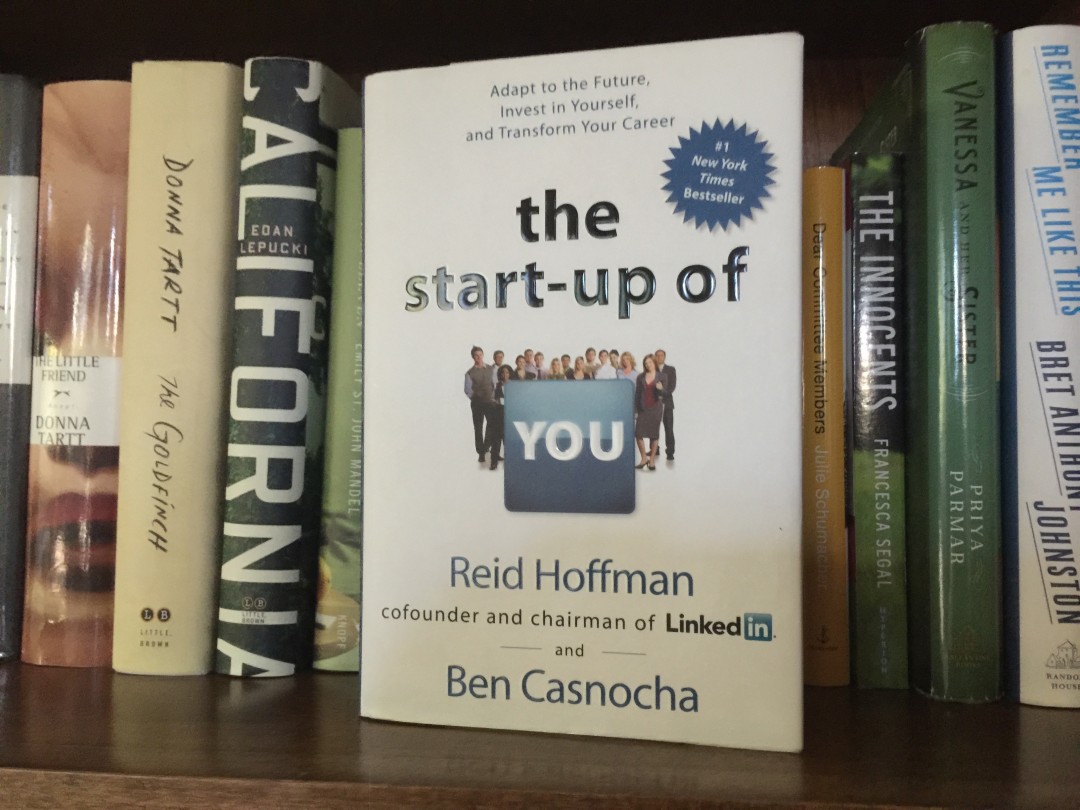Side hustles have never been easier. You’ve got platforms for selling like Etsy and eBay for the creators amongst you. There are virtualized connector app platforms that rely on flexible independent contractors like Uber, DoorDash, and Task Rabbit. These are great options for students working their way through who need to make money now, which results in less time for the extracurricular activities I’m championing. The flexibility of working for DoorDash or Task Rabbit works nicely with a changing school schedule. Even if you have a campus work study job, many of those don’t offer hours during the school breaks when you might still want to be earning. Same for athletes, who may be maxed out during the school sessions, but could swing being a Task Rabbit Ikea assembly expert at least a few weeks of the year. Some students may be nascent entrepreneurs, making and selling t-shirts, where this is a logical (and long-standing) effort for college students. Lots of colleges, like Juniata College have entrepreneurship centers to support undergraduate student efforts. Or maybe your passions don’t fit into the school’s extracurricular process at all.
Business or Volunteer Ideas
At the end of September I was back at Denison University for parent and homecoming weekend. As part of the fall weekend, the Career Exploration department always organizes a series of roundtables for particular careers. Last year I covered communications, but this year I figured that the Arts roundtable was bound to have students I could help advise. I always enjoy these discussions with students because it sparks so many new ideas for me. While I didn’t think Reid Hoffman’s book quite hit the mark since his focus was more on managing your career, making the “Start-up of You” a metaphor, my takeaway from my roundtable experience is that everyone literally should be thinking about their business(es). (And as I read more about Mr. Hoffman’s thinking, I think we might be in agreement, after all.)
For arts students it’s perhaps more obvious that this is required. While one student I met seemed more interested in a career as a recording artist, for which I have little advice, it was clear that he also had the skills to compose music, so my follow up email was about the various royalty-free sites where we buy music for many of our films. Essentially an Etsy-like business model, I don’t know why any music student wouldn‘t put some tracks up and start learning what sells and what doesn’t. Although this may not be enough to earn a living and it may not be their ideal career path, what if it could ultimately generate $300/month in income? (With a limited consumption of time, and all that time consumed when most convenient to them.) Add in one wedding-type performance event a month (always a weekend) with perhaps four people splitting $1,000. Again, very little time given up in exchange for part of a monthly income stream. Build up a following via the royalty-free music and maybe once a month you can sell a custom composition for a corporate film for $1,000. You see where I’m going, right? Something has to happen before you’re an overnight success with millions coming in.
Reid Hoffman (cofounder of LinkedIn) cowrote this book with Ben Casnocha. I take that to mean he had a lot of good ideas, little free time, and that Mr. Casnocha wrote the book. In any event, while it’s focused on career advice post-college, there are some ideas I think are valuable for college students. The authors are focused on you treating your career like an entrepreneurial business: finding opportunities, positioning yourself for the market, continually evolving, building alliances/networks, and proactively managing your professional life. I’ll build on their idea for current college students. You haven’t taken your product to market, but it’s in development. You’re far enough along to know you have a product and it will be going to market very quickly. Now is the time to make design changes, evaluate strengths, weaknesses, opportunities, and threats (SWOT analysis). The authors write:
“Because soft assets may be abstract, there’s a tendency for people to underestimate them when pondering career strategy.
People list impressive-sounding-yet-vague statements like ‘I have two years of experience working at a marketing firm…’
instead of specifying, explicitly and clearly, what they are able to do because of those two years of experience.”
Let’s look at a current college student in that context. You can interview for an internship saying you’re an English major or you’re a new graduate with a double major in Philosophy and Math. The problem is so can a lot of other people.



